A dietitian is someone who works for a health service. These professionals specialize in human nutrition and diet. Dietitians are specialists who base their knowledge of food on scientific research. They use their knowledge and skills for health purposes. They help people to achieve specific goals through diet. In addition, their tasks also include nutrition education for the public and others.
A dietician differs from a nutritionist in that more paperwork is required to work in dietetics, such as specialized certificates and training. Therefore, dietitians are specialists who have gone through the necessary schooling, and this is proven in their paperwork—dietitians enrolled in special registers that confirm the schools and universities they have completed. Dietitians have to combine knowledge from various fields. We now know how much nutrition affects a person's overall functioning. The food we eat can either be good or bad for us.
On the other hand, everybody has individual needs, which the dietician adapts to. A dietitian helps to prevent disease by changing eating habits. They work with both adults and children. Dietitians are needed in various facilities, hospitals, schools, and care homes. Find out more about the work of a dietitian.

Dietitians fulfill many roles and have many tasks. Their work is mainly associated with diet planning, but it is only some of what they specialize in. Dietitians are food experts trained to help people and society in various ways. Dietitians may participate on committees or in management positions. Their participation in public health is essential, so they often join lifestyle advisory groups.
Dietitians can influence changes in the environment through education and communication with politicians. Dietitian organizations belong to the American Dietetic Association![]() , and its dietitian group works with various government agencies and voluntary organizations to focus on prevention and various problems. The tasks of dietitians include:
, and its dietitian group works with various government agencies and voluntary organizations to focus on prevention and various problems. The tasks of dietitians include:
Dietitians can provide advice on diet and nutrition. Patients can meet with a dietitian for a consultation on their nutrition concerns. The meeting with the dietitian is a long-term conversation during which a detailed health and nutritional history is taken. The dietitian can answer the patient's puzzling questions and concerns and give specialist advice.
The dietary interview may include a look at your general health, a discussion of your lifestyle, participation in physical exercise, and an assessment of your eating habits. Dietary advice can also be helpful for people who, for example, want to include a new supplement![]() in their diet. Also, if you are taking medication, it is essential to adjust your diet accordingly, which a dietitian's advice can help with.
in their diet. Also, if you are taking medication, it is essential to adjust your diet accordingly, which a dietitian's advice can help with.

Dietitians mainly set up short- or long-term nutrition plans for individual patients' needs. A dietitian may be approached by a healthy person who wants to go on a diet. In this case, the dietitian will help to establish a specific menu according to the principles of the chosen diet. The dietitian can also help tailor the diet to the patient's needs, considering the patient's health status and goals.
Dietitians are also approached by people struggling with health issues who want to implement diet plans to help them heal. Dietitians have recently been helping with mental health, not just physical health. Nutritional therapy can be helpful for many conditions. However, it is worth noting that a dietitian can only prescribe medication if they have additional medical training that allows them to do so.
Dietitians have different tasks in addition to meeting with patients. Their expertise allows them to improve the accuracy and understanding of the labels that are found on foods. As such, dietitians can work with food manufacturers to share their knowledge of food. Thanks to dietitians, producers can improve the quality of their food. Food testing by dietitians makes it possible to reduce risks and ensure food safety. The products you choose in the shop must have undergone special studies and tests for quality. Thus, such work requires attention, observation, and reliability.

It may be necessary to carry out various tests on patients before dieting. It is, therefore, common for medical examinations to be an essential part of nutritional care. Sometimes, a patient's medical records contain only some necessary test results. Medical examinations provide an insight into the patient's overall condition so that the dietitian can better tailor a nutritional program to their needs. Dietitians on the register can order and analyze the patient's tests.
Such tests most commonly belong to blood and stool tests. It also allows the dietitian to correct vitamin and mineral deficiencies. In addition, dietary examinations make it possible to detect food intolerances and allergies, which are essential in developing a dietary plan. Dietitians can also make various observations and research if they have the skills and tools. Dietitians' tasks may include weighing the patient and calculating body mass indices.
Dietitians supervise the correct treatment for individual patients and entire groups. That is why they work in various facilities such as hospitals, schools, and kindergartens. Dietitians are needed in canteens where large groups of people are fed. With their skills, a nutritional program can be tailored to be universal and provide all nutrients. Dietitians also take into account the individual needs of the groups concerned. For example, children in schools and kindergartens may require different diets than adults.
The dietitians' tasks also belong to food and health education. Dietitians may hold special meetings to discuss important aspects of nutrition. Such meetings are often held in schools, for example. It enables children to learn about healthy eating and gain knowledge they can use later. Education about nutrition is critical as it helps to combat many diseases.
Some various diseases and conditions are very much related to poor nutrition. With proper dietary education, the rates of different diseases can be reduced, as people who are more aware will take better care of their health. Dietitians can also conduct surveys among various groups to study people's awareness and eating habits.

There are various types of dietitians, depending on the topics they specialize in. Nutrition is a vast topic, so some people with specific problems may choose to see a dietitian who is very knowledgeable in a particular area of dietetics. There are many types of dietitians, and they belong to the following examples among others:
A clinical dietitian or disease dietitian is a specialist who helps people with various types of illness. Depending on the type of disease, clinical dietitians implement a unique nutritional plan to assist in the therapeutic process. Many diseases require special care in terms of nutrition. These belong to diabetes![]() , hypertension
, hypertension![]() , or intestinal diseases, among others. A specially tailored nutrition program helps to minimize the unpleasant symptoms associated with the disease.
, or intestinal diseases, among others. A specially tailored nutrition program helps to minimize the unpleasant symptoms associated with the disease.
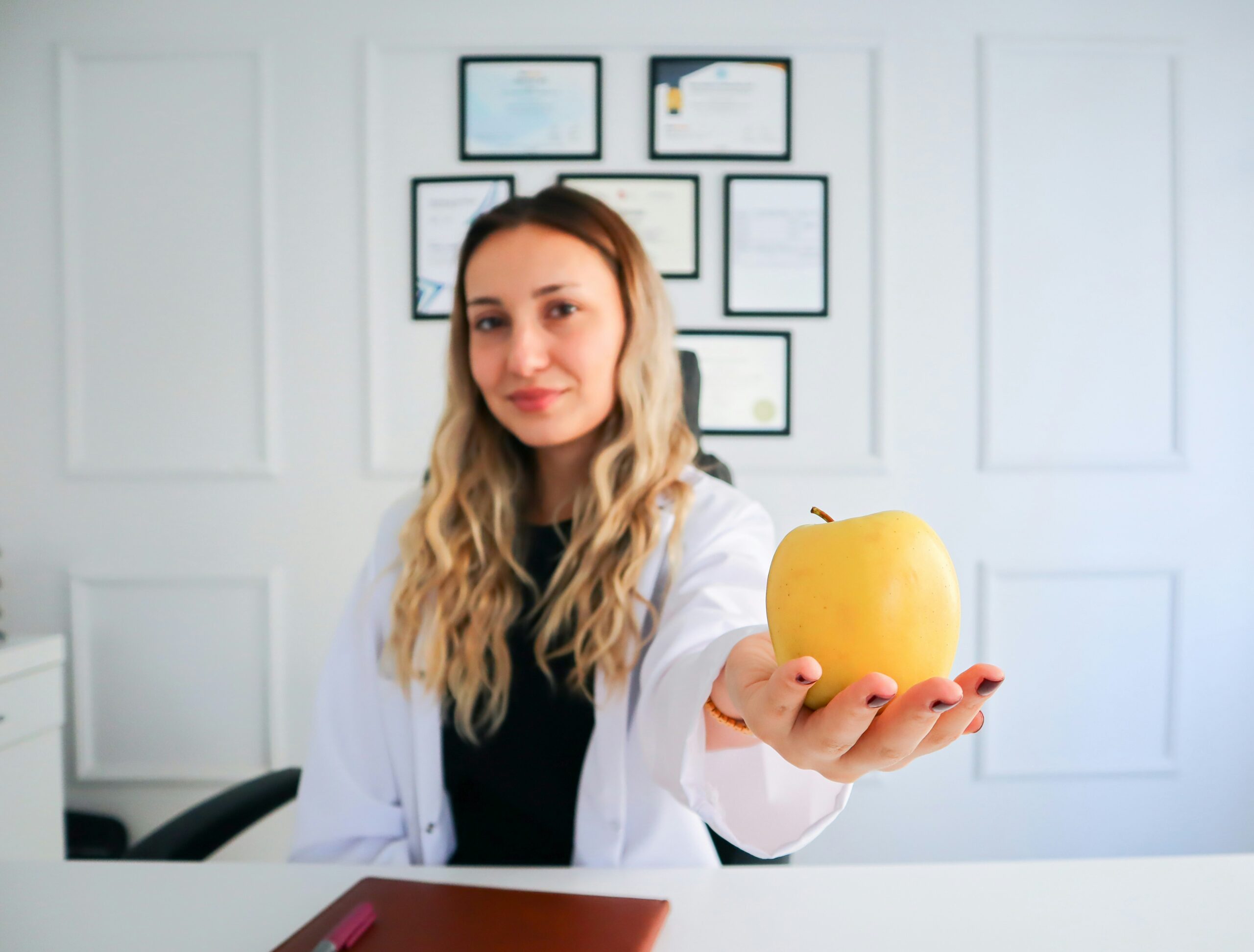
Dietitians who mainly work with children's nutrition may work in schools and kindergartens. Parents who have noticed nutrition problems in their children can also benefit from dietitians' help. Nutrition is an essential aspect of health for children as it affects their development. Tailoring an appropriate nutrition program is, therefore, a critical issue.
Another type of dietitian is sports dietitian. Athletes place a great deal of emphasis on nutrition, as it affects their fitness and overall physical condition. Therefore, regardless of the type of physical activity practiced, athletes can go to dietitians who are knowledgeable in this area. A dietitian will help tailor nutrition to the athlete's needs and consider their goals for their figure.
A relatively new faction of dietitians is mental health dietetics. Specialists have noticed that the way we eat can be highly related to our mental health. Therefore, dietitians' help is also used for various mental disorders. It is particularly relevant for eating disorders![]() . Dietitians pay attention to behaviors that can be considered risk factors for eating disorders. With psychological knowledge, dietitians can more effectively help patients with eating disorders who require specialized care.
. Dietitians pay attention to behaviors that can be considered risk factors for eating disorders. With psychological knowledge, dietitians can more effectively help patients with eating disorders who require specialized care.
The work of dietitians is primarily based on helping obese people who want to correct their body weight. Overweight people can also benefit from the help of a dietitian if they reduce their body weight effectively, healthily, and in the long term. The dietitian helps tailor the diet to the patient's needs so that losing weight is gradual without compromising health. Sometimes, acting on one's own and using restrictive hunger strikes can significantly damage one's health.
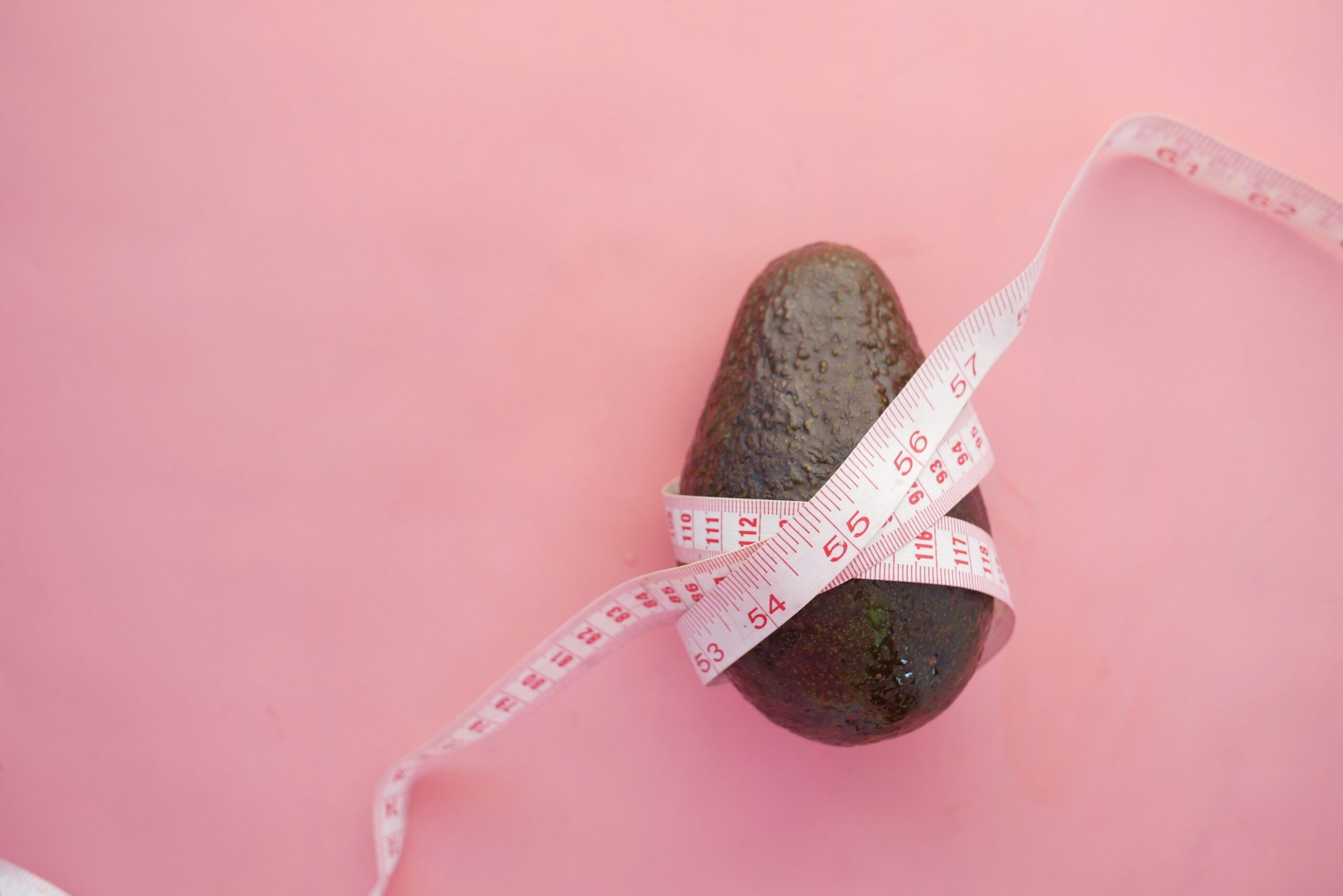
Dietitians are particularly important in the context of public health. Many diseases are closely linked to diet. Risk factors that make up a suboptimal diet include excessive sodium intake![]() and low fruit and whole grain consumption
and low fruit and whole grain consumption![]() . These factors are considered the most important in a dietary context.
. These factors are considered the most important in a dietary context.
In addition to these, excess trans fats and sugars![]() are also detrimental and may pose a risk of disease. The quality of diet varies according to area of residence, gender, age, socio-economic status, and nutritional knowledge. This is why promoting healthy eating is essential today, where unhealthy and processed products are abundant on shop shelves.
are also detrimental and may pose a risk of disease. The quality of diet varies according to area of residence, gender, age, socio-economic status, and nutritional knowledge. This is why promoting healthy eating is essential today, where unhealthy and processed products are abundant on shop shelves.
Diet-related diseases include:
Obesity and overweight are the conditions most commonly diagnosed in terms of diet-related diseases. Obesity is a significant public health problem, especially in highly developed countries. Excessive body weight and poor nutrition can cause many metabolic complications. Consumption of excessive amounts of calorie-rich foods and lack of or insufficient physical activity are some of the significant causes of obesity. However, many different factors can cause these abnormalities.
Even environmental factors, such as the easy availability of unhealthy foods and the lack of opportunities for physical activity, can influence obesity. An unhealthy environment that promotes obesity is presented with the term ‘obesogenic![]() .' Obesity and overweight can affect individuals of everybody's age, so they are observed in adults as well as in children and adolescents.
.' Obesity and overweight can affect individuals of everybody's age, so they are observed in adults as well as in children and adolescents.

In osteoporosis, there is a gradual, significant reduction in bone mineral density. It means that bone structures are weakened. The depletion of bone mass increases the risk of fractures and injuries. Factors considered potentially conducive to the development of this disease include vitamin and mineral deficiencies, an ill-balanced diet, stimulants, and low levels of physical activity.
Osteoporosis can occur in people of everybody's age but more commonly affects seniors. Osteoporosis can cause complications such as muscle atrophy, chronic pain, and pulmonary embolism. A healthy lifestyle and regular visits to a specialist can reduce the risk of dangerous complications and positively impact the whole body's health.
An improper diet can influence the development of various cardiovascular diseases. Among others, hypertension is closely related to diet. Obesity, low physical activity, and a poor diet, especially excess salt, contribute to the development of hypertension. It is more common in people with diabetes and elevated cholesterol levels. Hypertension is a common condition, especially among seniors. Because of its life- and health-threatening complications, it must be detected in time and treated correctly. An inadequate diet can even lead to a stroke![]() or myocardial infarction
or myocardial infarction![]() .
.
The diabetes disease is a significant public health problem worldwide. The disease can develop slowly and initially produce no symptoms. Predisposing risk factors include obesity, hypertension, and low physical activity. The disease affects primarily adults, usually over 30 years of age. It leads to increased blood glucose levels, known as hyperglycemia. If untreated, it causes complications that can impair the quality of life and contribute to a shortened life span.
Dietitians are specialists who occupy an important place in health care. They are involved in setting menus, commissioning and analyzing medical research, educating the public about healthy eating, and participating in food production. Dietetics is a broad field of knowledge so that dietitians can be divided into various types depending on their specialization. The role of dietitians in health is vital, as many diseases are linked to poor diet. People suffering from such diseases require special dietetic care.
Table of Contents
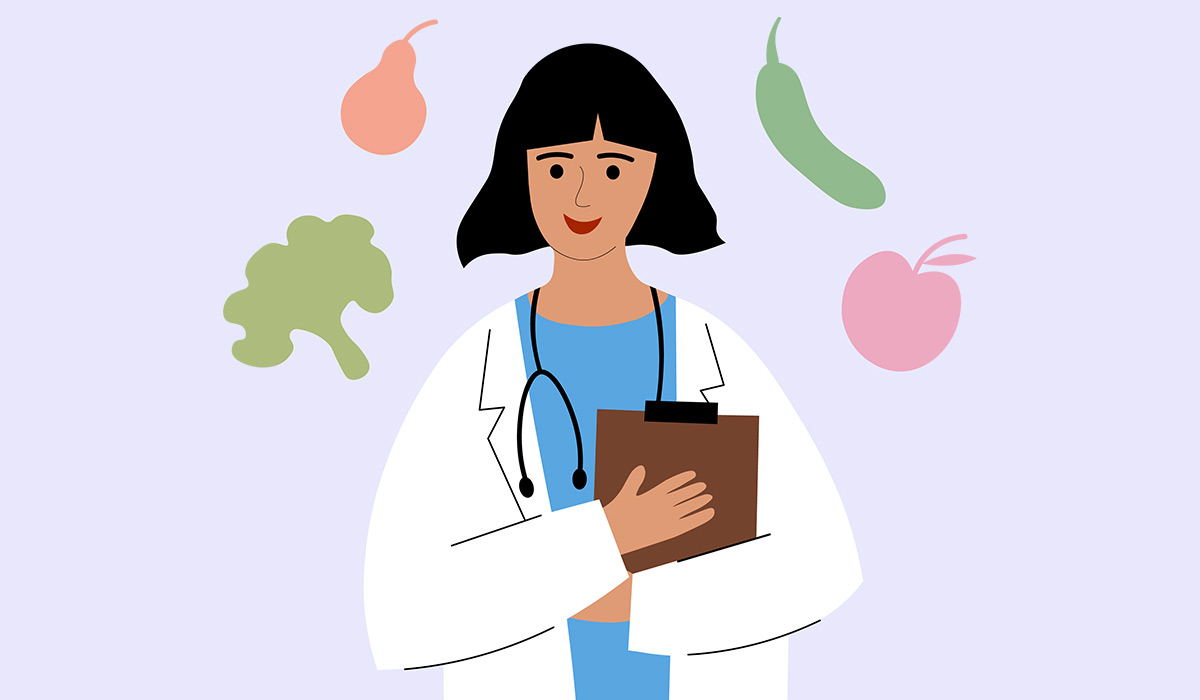
A master in nourishment and nourishment science is known as a nutritionist. They emphasize the association between nutrition and well-being… read more »

Obesity is a chronic disease. It is associated with excessive accumulation of fat tissue. What leads to obesity? What is… read more »
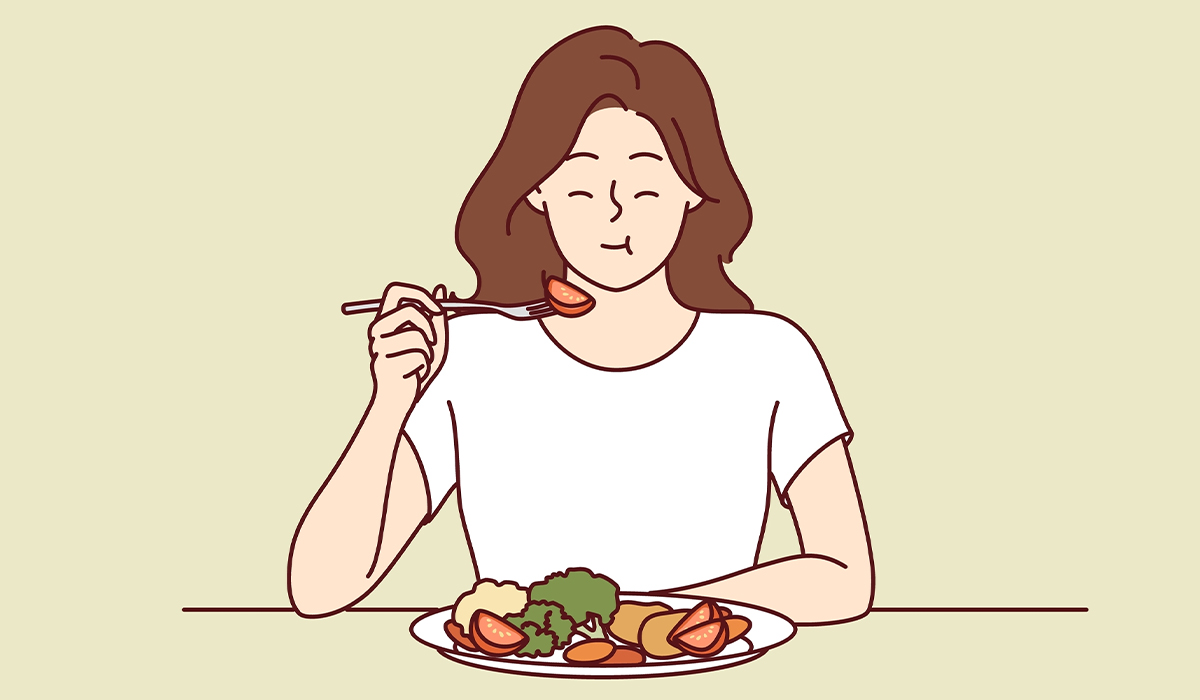
The Paleo diet is a way of eating inspired by the diet of our ancestors living in prehistoric times. What… read more »

The Mediterranean diet is a popular way of eating that has many health benefits. See how to improve your eating… read more »
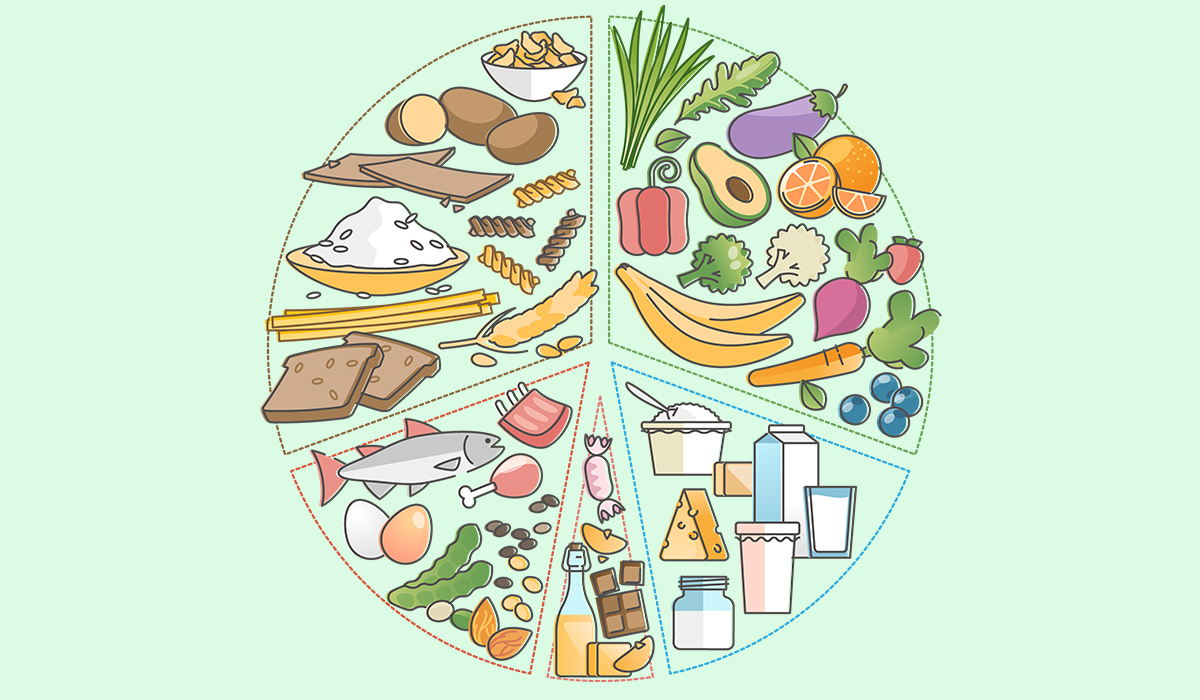
The DASH diet is a diet ideal for improving hypertension. In addition, it also has many other benefits. Learn about… read more »
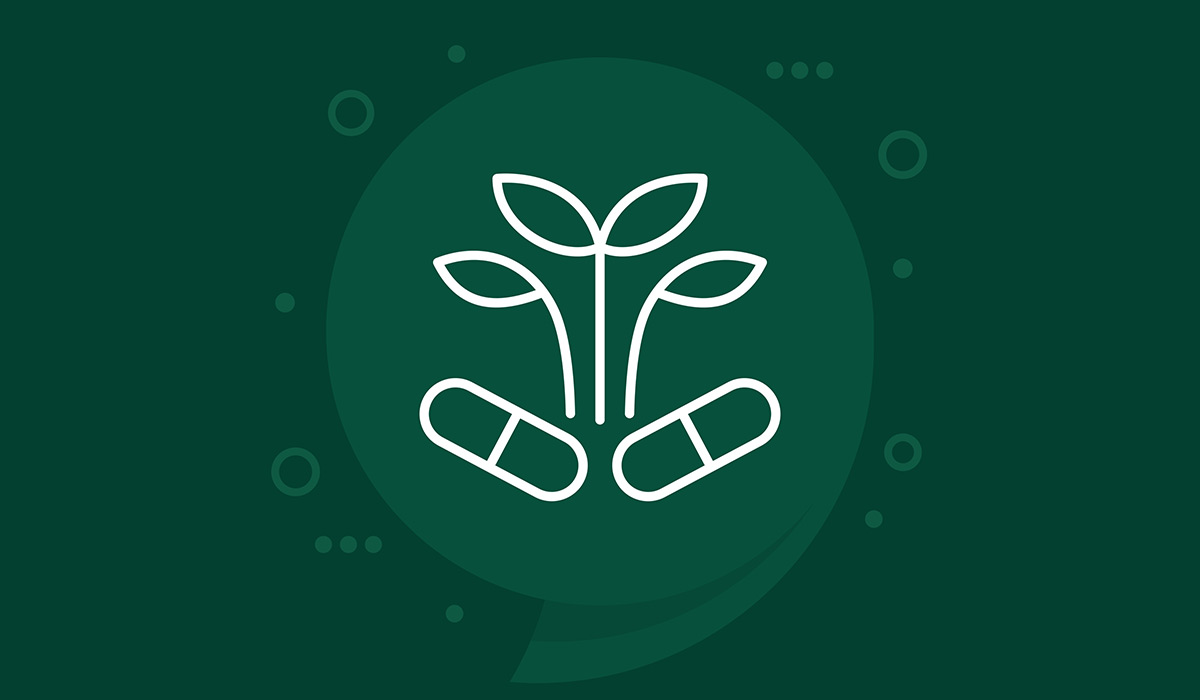
Supplements are products designed to add nutritional value to your diet. When should you take them? How to do it? read more »
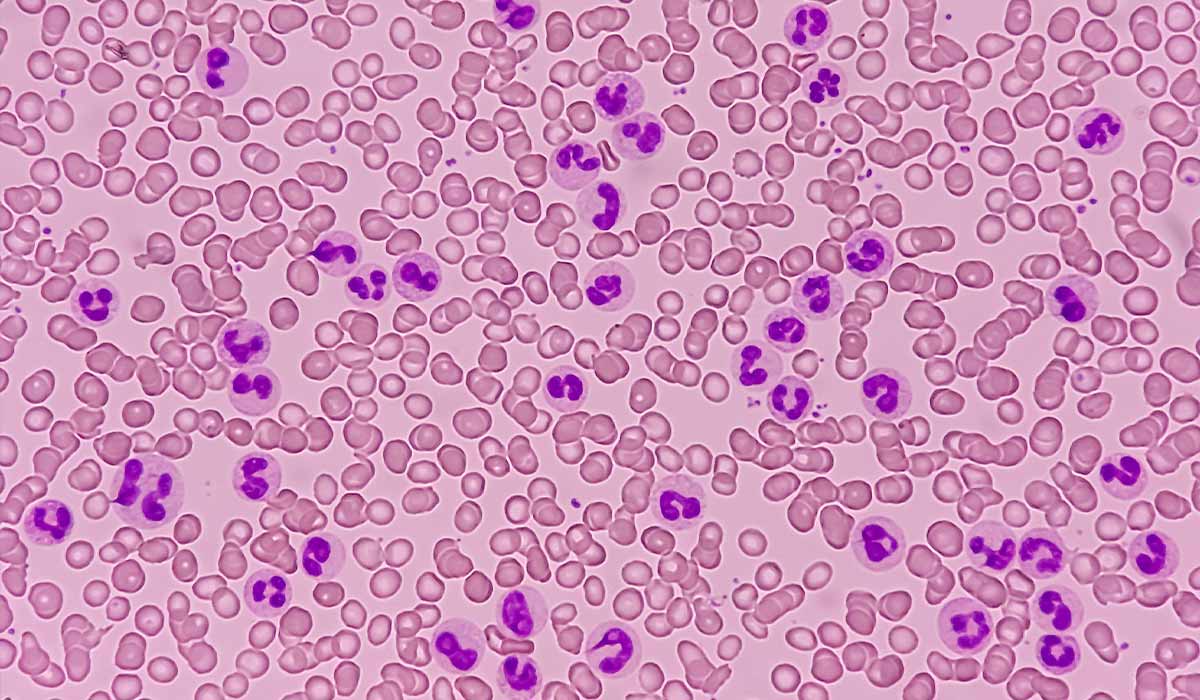
Neutrophils are a type of white cell and one of the most essential components of the human immune system. The… read more »

The Dukan Diet is high-protein and consists of four stages. What is it about? What are the health benefits? Can… read more »

The GOLO diet is designed to stimulate metabolism, increase energy levels and fat loss. How it's working? What should you… read more »